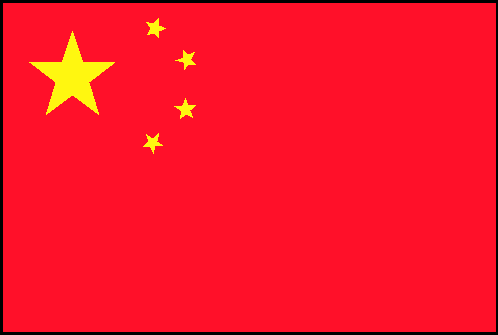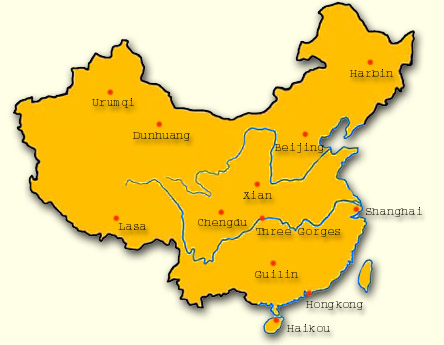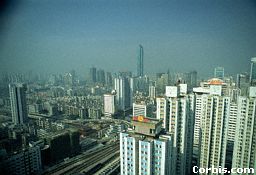The People's Republic Of China


Background:
For centuries China has stood as a leading civilization, outpacing the rest of
the world in the arts and sciences. But in the first half of the 20th century,
China was beset by major famines, civil unrest, military defeats, and foreign
occupation. After World War II, the Communists under MAO Zedong established a
dictatorship that, while ensuring China's sovereignty, imposed strict controls
over everyday life and cost the lives of tens of millions of people. After 1978,
his successor DENG Xiaoping decentralized economic decision making. Output
quadrupled in the next 20 years and China now has the world's second largest
GDP. Political controls remain tight even while economic controls continue to
weaken.
|
Great Wall Of China |

|
|

|
Hong Kong, One Of The Most
Popular Places In The World |
|
Tiananmen Gate and Policy Of Population |

|
|

|
Aerial View Of ShenZen, And
Junk Sailing South China Sea
|
|
Chinese Fight Hard For Their Freedom
|

|
Languages
Standard Chinese or Mandarin (Putonghua, based on the Beijing dialect), Yue
(Cantonese), Wu (Shanghaiese), Minbei (Fuzhou), Minnan (Hokkien-Taiwanese),
Xiang, Gan, Hakka dialects, minority languages (see Ethnic groups entry)
Population
1,261,832,482 (July 2000 est.)
Government type Communist
state
Capital Beijing
Administrative divisions
23 provinces (sheng, singular and plural), 5 autonomous regions* (zizhiqu,
singular and plural), and 4 municipalities** (shi, singular and plural); Anhui,
Beijing**, Chongqing**, Fujian, Gansu, Guangdong, Guangxi*, Guizhou, Hainan,
Hebei, Heilongjiang, Henan, Hubei, Hunan, Jiangsu, Jiangxi, Jilin, Liaoning, Nei
Mongol*, Ningxia*, Qinghai, Shaanxi, Shandong, Shanghai**, Shanxi, Sichuan,
Tianjin**, Xinjiang*, Xizang* (Tibet), Yunnan, Zhejiang
note:China considers Taiwan its 23rd province; see separate entries for
the special administrative regions of Hong Kong and Macau
Military branches
People's Liberation Army (PLA), which includes the Ground Forces, Navy (includes
Marines and Naval Aviation), Air Force, Second Artillery Corps (the strategic
missile force), People's Armed Police (internal security troops, nominally
subordinate to Ministry of Public Security, but included by the Chinese as part
of the "armed forces" and considered to be an adjunct to the PLA in
wartime)
Ethnic groups
Han Chinese 91.9%, Zhuang, Uygur, Hui, Yi, Tibetan, Miao, Manchu, Mongol, Buyi,
Korean, and other nationalities 8.1%
Religions
Daoist (Taoist), Buddhist, Muslim 2%-3%, Christian 1% (est.)
note:officially atheist

